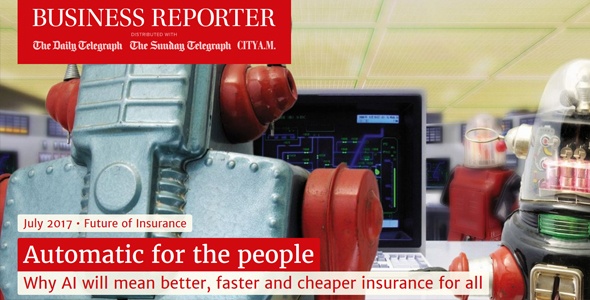CRIF has provided its view together with the most innovative thought leaders of the industry on how to turn fragmented information and high volume data into actionable knowledge
All industries need transparent information, reliable fraud prevention and efficient processes. Without them, their finances can easily fall victim to internal failures and external threats.
When it comes to fraud prevention, there are plenty of methods and industry standards available on the market, but organisations are still falling prey to fraud because fraud patterns evolve and become more sophisticated, and the object of organised gangs. Moreover, fraudsters attack the insurance industry whenever data sharing, miscommunication and exchange of information do not work effectively.
As an example of an untapped data sharing opportunity, it is worth mentioning claims related to the pet insurance industry (dogs, cats, horses, fish) etc. ABI Statistics show that pet insurance fraud rose from £500,000 in 2009 to nearly £706 million in 2016. Trends are expected to increase exponentially in the years to come.
What are the benefits of sharing information among industry members?
Most organisations, including all insurance companies and financial institutions, have access to huge databases. If acquiring up-to-date information cannot really be considered a challenge today, what stands in the way is identifying the key data sources to use so as to properly integrate and interpret high volume information. So organisations often feel blinded and lost in the flood of data, and find it difficult to turn information into actionable insights.
There are also aspects such as psychological barriers, fear of giving away competitive knowledge, and IT security aspects, which might obstruct the sharing of information among insurance industry members. That is why CRIF builds up a long-term relationship with its customers and provides assurance by using high security standards such as BS (British Standard) and ISO accreditation, and CMMI qualification for source coding.
However, some industries such as motor, household and personal injury insurance, where sharing information is more common, the benefits are measurable and impact positively on their profits by reducing operational costs, improving pricing policies, serving the customer more effectively, increasing revenues, and ultimately fighting fraud.
As a counter example, the costs faced in the pet industry are high, with pet insurers paying out a record of about £700 million in claims in 2015 and £706 million in 2016, the equivalent of £1.8 million every day.
How insurance companies can increase their competitive edge
Read the full issue of the Future of Insurance Report online

